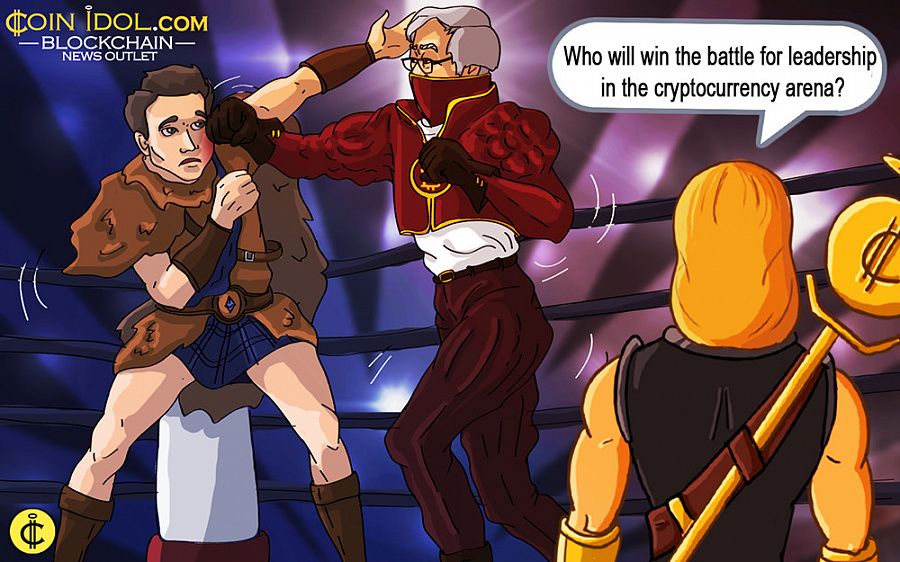Great questions. I'm in no way an expert, but I'll answer them the best I can and direct you to better resources.
I'll be the first to admit that I don't know much about Ether. Can you explain further how it couldn't be used as a currency in retail transactions?
Simple answer, Ethereum wasn't designed as a retail or monetary currency. It was designed to provide a blockchain platform that can be used to launch any project you or a business or a government agency wants, where exchanging, recording, or storing information in a blockchain ledger would make the project easier to conduct or more reliable. Ethereum also provides a community computing system (like the internet, all computers connected together) and Ether is the unit of measure for computing power.
Let's go to the source, the "what is Ether?" question in the FAQ for Ethereum.org:
https://www.ethereum.org/ether
"Ether is a necessary element -- a fuel -- for operating the distributed application platform Ethereum.
It is a form of payment made by the clients of the platform to the machines executing the requested operations. To put it another way, ether is the incentive ensuring that developers write quality applications (wasteful code costs more), and that the network remains healthy (people are compensated for their contributed resources)."
Here's another good guide to Ethereum:
https://blockgeeks.com/guides/what-is-ethereum/
But if it has value, and is transferable from account to account, I don't see how that prevents it from being used as a currency to buy things?
This is the best question...the answer is "nothing". Nothing prevents it from being some currency that retailers can take. It just doesn't exist in that format today. According to their own website, this is not the use for Ether. But the only thing that limits what it could be used for in the future is our own will to create it.
Aren't there several startups already accepting Ether for payments?
The startups have used Ethereum as a cowdfunding mechanism and to start new crypto-currency coins.
E.g., you can use Ethereum's platform to start your own currency and since you're using Ethereum's blockchain platform you need to pay for that computing power. So you create your coin, call it GreyVern, and create a supply of 10,000,000 coins using Ethereum's code. You need that coin you just created to have an exchange rate to Ether to represent the cost your coin takes in computing power to use their blockchain platform. That value of GreyVern coin (I presume) can go up or down based on supply/demand and also how much computing power it's using from the blockchain platform. What you personally distribute that GreyVern coin for is up to you - it could be a public currency to compete with Bitcoin or it could be an internal currency for some organization you have or it could be currency for a University to charge for credit hours or it could be for some loyalty program, etc.
One last source for you:
https://www.fastcompany.com/3046385/mee ... -of-things
A good quote from that article is..."Ether will most likely always be associated with a monetary value as long as humans develop the code for the blockchain applications. So long as there is demand to run these applications, Ether’s supply of available computing power will be valuable."
I hope this helps. And I know others here are more knowledgeable than I am, so please contribute, confirm, and correct me as needed!




